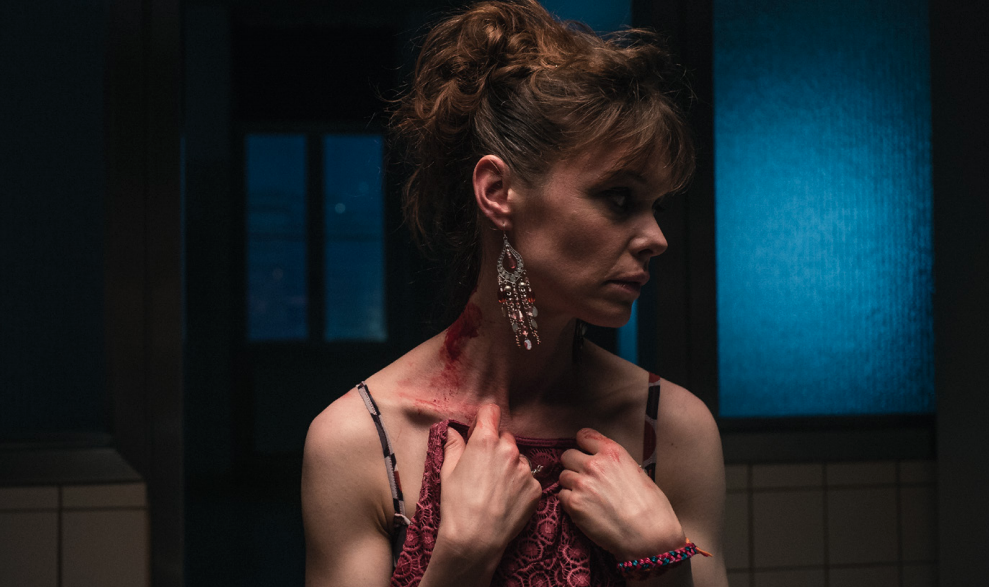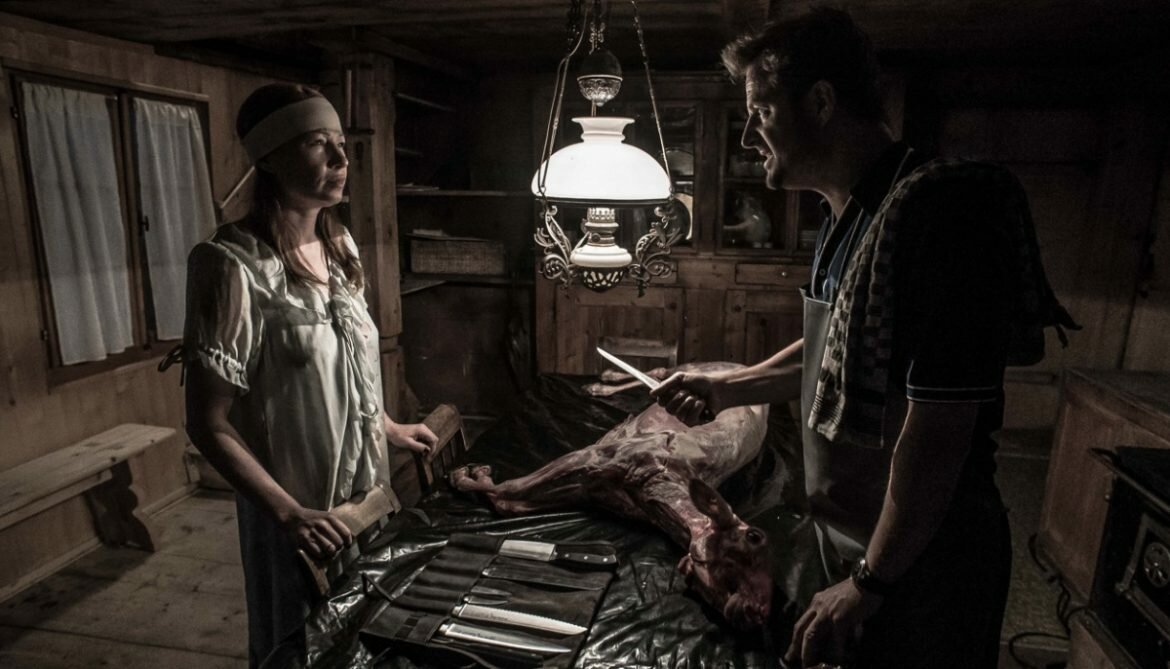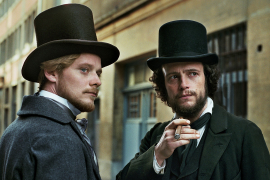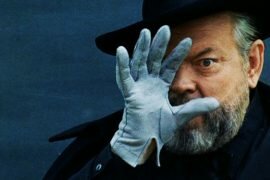It’s a striking personal resumé: four of the movies I’ve watched at this year’s 67th Berlinale feature shots of highway tracks while someone escapes or vacates somewhere. In Greg Zglinski’s dazzling Tiere (Animals), an Austro-Swiss-Polish coproduction based on the original script by Jörg Kalt, the characters making an escape are a conflicted couple. Chef Nick Holub (Philipp Hochmair) and his wife, Anna (Birgit Minichmayr, internationally known for Perfume or The White Ribbon) leave their plush Vienna flat to spend six months in rural Switzerland. Nick visits farmers and restaurants, diners and cafés around Vevey and Fribourg to investigate the local cuisine; meanwhile Anna holes up in their lovely chalet to write a novel. It’s a book about “a wife that plans to murder her husband”.
“Very original”, replies Mischa (Mona Petri), as she temporarily takes over Anna’s flat in Vienna. Two floors above Mischa lives Andrea (Mona Petri, too), an (ex-)affair of Nick’s. One evening, she falls from her balcony, leaving a devastated ex-boyfriend (Michael Ostrowski) behind, who sees Andrea in Mischa. Or Mischa in Andrea? There’s a locked door in the apartment and every time Mischa tries the handle a doorbell rings. We’ve all seen enough thrillers and horror movies to be alert.
Driving through the Swiss mountains, Nick and Anna have a car accident, offing a sheep. Anna suffers a head injury and starts forgetting things, confusing dates. Have they really been up here for two weeks? And what has she been doing since her notebook mocks her with empty pages? She begins to suspect something and follows Nick to Vevey, alienating people and talking to an Egyptian cat, in French. Perhaps Nick is being unfaithful with the ice cream woman (Mona Petri, again) and perhaps the hunt for recipes is just a scheme. Perhaps she is dreaming all of this.Animals carry meanings we impose upon them. Cats have nine lives (eight more than Andrea) and a sixth sense; they feel illnesses and future events. Sheep are innocent and a symbol for the passion of Christ; birds are messengers. The movie knows this and employs its motifs in an elegant fashion. As reality and fiction and dream intersect in ominous ways, Zglinski shows superb command upon tone and assured vision, laying an occasional red herring here and there. While possibilities linger, Tiere is always aware of its next step and of our expectations and finds devilishly clever ways to undermine them.

It’s a potpourri of culinary betrayal, a mind-fuck mystery, a dark comedy and a story within a story. A testament to the movie’s power is its skilful balance of all of these ingredients without overcooking them. Tiere never feels bloated or bland, full of gorgeous outdoor shots (Lake Geneva, idyllic meadows) and an entirely convincing cast, above all Minichmayr, who embodies confusion, tender loyalty and a belief in supernatural things.
Zglinski dedicated this movie to his friend, the late Jörg Kalt, who wrote the initial screenplay in 2007 before taking his own life. It’s as cinematic as a story gets and at the end of the day dissecting it to bits won’t do it any good. All we can say: it just works, on a gut level and on an aesthetic level. I have my version(s) of what happens and what it may mean; similarly as Zglinski and Hochmair have their own. Yet it’s not the destination, but the journey there which makes Tiere worthwhile and a wild box of fun. After the credits rolled, I wanted to see it again.





1 Comment